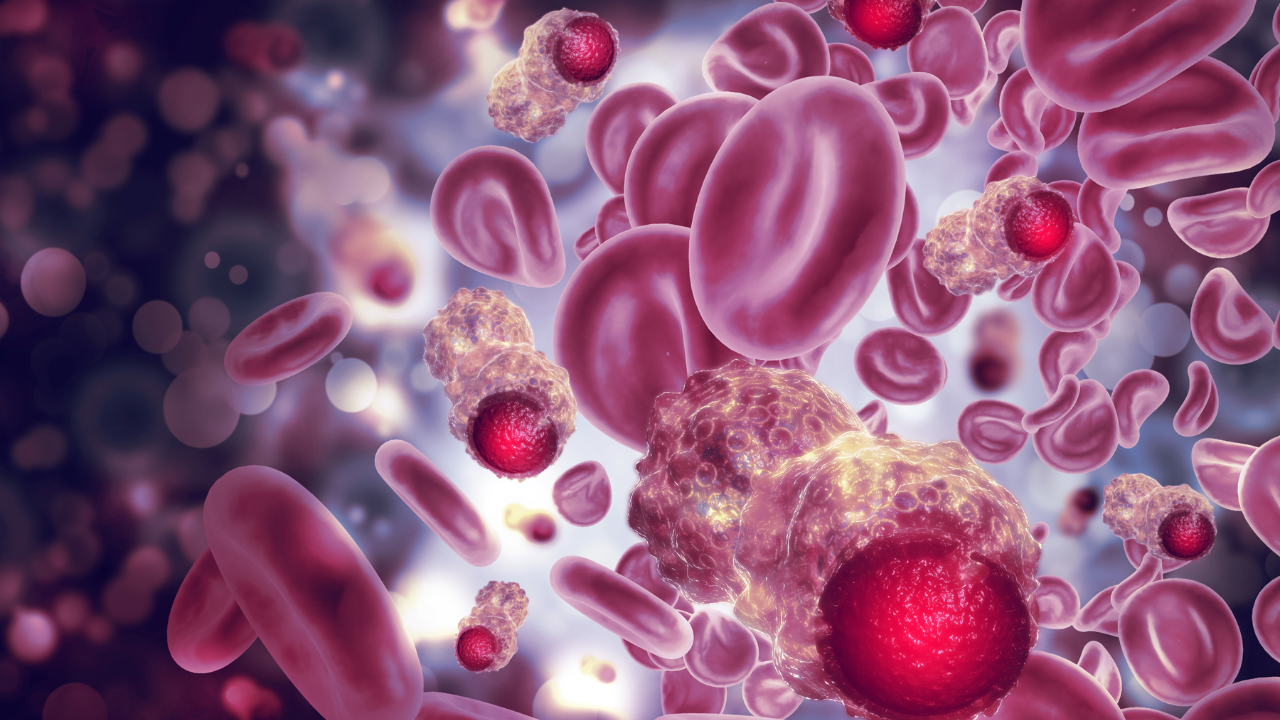Blood Cancer Treatment Options

Blood cancer, also known as hematologic cancer, is a condition that affects the blood, bone marrow, or lymphatic system. Its impact on the body's ability to produce and regulate blood cells makes timely diagnosis and treatment crucial. Fortunately, advancements in medical science have introduced a range of effective treatment options, offering hope to patients. A variety of treatments available address different types of blood cancer, ensuring patients receive comprehensive and individualized care.
Understanding Blood Cancer
Blood cancer encompasses several types, including leukemia, lymphoma, and multiple myeloma. While leukemia primarily affects the bone marrow and blood, lymphoma targets the lymphatic system, and multiple myeloma impacts plasma cells. Each type demands a unique approach to treatment based on its characteristics, stage, and the patient’s overall health.
Chemotherapy: The Backbone of Treatment
Chemotherapy remains at the forefront in the fight against blood cancer. This treatment involves the use of powerful drugs to target and kill rapidly dividing cancer cells. While chemotherapy can be highly effective, it often comes with side effects such as fatigue, nausea, and a weakened immune system. Advances in chemotherapy have introduced targeted delivery methods, minimizing damage to healthy cells and improving patient outcomes.
Radiation Therapy: Precision Targeting
Radiation therapy uses high-energy rays to destroy cancer cells or prevent their growth. Often employed in conjunction with chemotherapy, radiation therapy is particularly useful for localized cancers or as part of pre-transplant conditioning. Advanced imaging techniques ensure precision, reducing exposure to surrounding healthy tissues and minimizing side effects.
Stem Cell Transplants: Rebuilding the Immune System
Stem cell transplantation, also known as bone marrow transplantation, is a transformative option for patients with certain blood cancers. This procedure involves replacing damaged or destroyed bone marrow with healthy stem cells, either from the patient (autologous) or a donor (allogeneic). Stem cell transplants not only replenish healthy cells but also boost the immune system’s ability to fight cancer.
Targeted Therapy: A Precision Medicine Approach
Targeted therapies have revolutionized blood cancer treatment by focusing on specific molecules or pathways involved in cancer growth. These drugs, such as tyrosine kinase inhibitors and monoclonal antibodies, block cancer cells’ ability to proliferate while sparing healthy cells. This personalized approach reduces side effects and improves treatment effectiveness, particularly for cancers like chronic myeloid leukemia and certain lymphomas.
Immunotherapy: Harnessing the Body’s Defenses
Immunotherapy works by empowering the body’s immune system to recognize and attack cancer cells. Techniques such as CAR T-cell therapy and immune checkpoint inhibitors have shown remarkable success in treating certain blood cancers. By enhancing the natural immune response, immunotherapy offers a less invasive and highly effective treatment option, especially for relapsed or refractory cases.
Clinical Trials: Pioneering New Frontiers
For patients seeking cutting-edge treatments, clinical trials provide access to innovative therapies not yet widely available. These trials explore new drugs, combinations, and techniques to improve outcomes and quality of life. Participation in a clinical trial can be a valuable option, particularly for patients who have not responded to standard treatments.
Palliative Care: Enhancing Quality of Life
While curative treatments aim to eliminate cancer, palliative care focuses on improving quality of life by managing symptoms and side effects. Pain relief, nutritional support, and psychological counseling are integral to palliative care, ensuring patients and their families receive comprehensive support throughout the treatment journey.
Personalized Treatment Plans
No two patients are the same, and effective blood cancer treatment relies on a personalized approach. Factors such as the type and stage of cancer, genetic mutations, and the patient’s age and overall health influence treatment decisions. Multidisciplinary teams of oncologists, hematologists, and specialists collaborate to develop tailored treatment plans, maximizing the chances of success.
Advances in Supportive Care
Supportive care plays a critical role in blood cancer treatment, helping patients manage side effects and maintain strength during therapy. This includes blood transfusions, infection control, and medications to counteract chemotherapy-induced nausea or anemia. By addressing these challenges, supportive care enables patients to better tolerate intensive treatments.
Importance of Early Diagnosis
Early detection is key to improving outcomes for blood cancer patients. Routine check-ups, awareness of symptoms such as persistent fatigue, unexplained weight loss, or frequent infections, and timely medical intervention can lead to earlier diagnosis and more effective treatment. Advanced diagnostic tools, including genetic testing, further aid in identifying the most appropriate treatment strategies.
A Path Towards Complete Healing
Modern blood cancer treatment emphasizes both advanced medical techniques and compassionate care. By leveraging therapies like chemotherapy, immunotherapy, and stem cell transplants, patients can achieve better outcomes and improved quality of life. With the right care and timely intervention, a brighter future is within reach for those battling this challenging condition. At KKR Hospital in Chennai, their team of seasoned experts provide personalized and cutting-edge care to guide patients toward recovery and strength.
